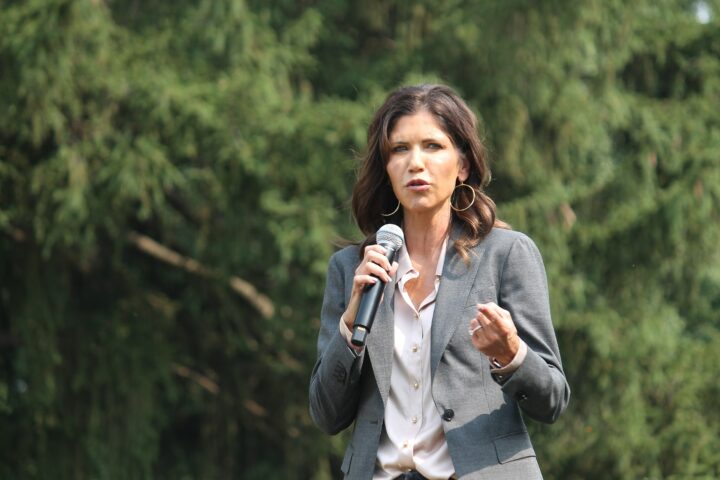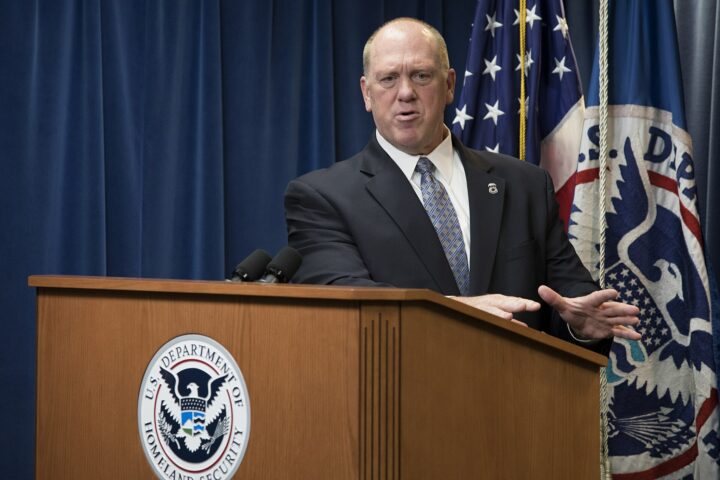Police officials on Friday reportedly confirmed that one of the victims killed in Thursday’s terrorist assault on a Manchester synagogue was struck by police gunfire as officers tried to stop the attacker from forcing his way into the house of worship.
“One of the deceased victims would appear to have suffered a wound consistent with a gunshot injury,” Greater Manchester Police said in a statement. Investigators emphasized that the suspect himself did not carry a firearm. “The suspect wasn’t believed to have had a firearm and the only shots were fired by officers,” the department noted.
The attack unfolded at the Heaton Park Hebrew Congregation Synagogue, where worshippers were gathering when a man rammed his vehicle into the synagogue’s gates, then leapt out and began stabbing people. Police said the assailant attempted to push open the door to gain entry, but congregants resisted, holding it shut. At that point, officers opened fire.
Two people were killed in the assault and several others were wounded, police said. Both of the deceased were found near the synagogue door, where worshippers had been blocking the attacker. “It is believed that both victims were close together behind the synagogue door, as worshippers acted bravely to prevent the attacker from gaining entry,” the police statement read.
The incident is already being described as the most significant antisemitic attack in Britain since the Gaza war began, highlighting the vulnerability of Jewish communities across Europe at a time of rising sectarian violence.
The suspect was identified by police as Jihad Al-Shamie, a British citizen of Syrian descent. Authorities said they had also detained two men and a woman on suspicion of helping prepare the act of terrorism.
The attack raises pressing questions about the ability of law enforcement to prevent such assaults while protecting innocent civilians caught in the crossfire.
While police acted quickly to neutralize the threat, it is now clear that their gunfire contributed directly to the tragedy. For some, the incident underscores the difficulty of split-second decision-making in chaotic situations.
For others, it points to the need for stronger measures against extremist threats long before they reach the doors of a synagogue.
Prime Minister Keir Starmer sought to reassure Britain’s Jewish community on Friday, pledging to increase the security presence at synagogues nationwide. “Police were deploying extra security to synagogues across the country,” he said, while condemning the antisemitic violence.
For conservatives, the events in Manchester highlight a series of uncomfortable truths. Despite repeated assurances from political leaders about community safety, Jewish institutions remain high-value targets for terrorists. Britain’s own citizens, including those of foreign descent, are being radicalized and prepared to carry out violent attacks. And too often, authorities are left reacting to events rather than preventing them.
The courage of the congregants who barred the synagogue doors was instrumental in preventing an even greater loss of life. Their resistance, coupled with the police response, ensured that the attacker never succeeded in entering the sanctuary. Yet the price was high: two lives lost, including one taken not by the terrorist but by the gunfire of those sworn to protect them.
As investigations continue, Britain faces a sobering reminder that antisemitism is not just a relic of the past but a present, growing danger — one that demands a clear-eyed approach to security, immigration, and the fight against extremism.
[READ MORE: Supreme Court Set to Scrutinize Trump’s Key Policies in Upcoming Term]








